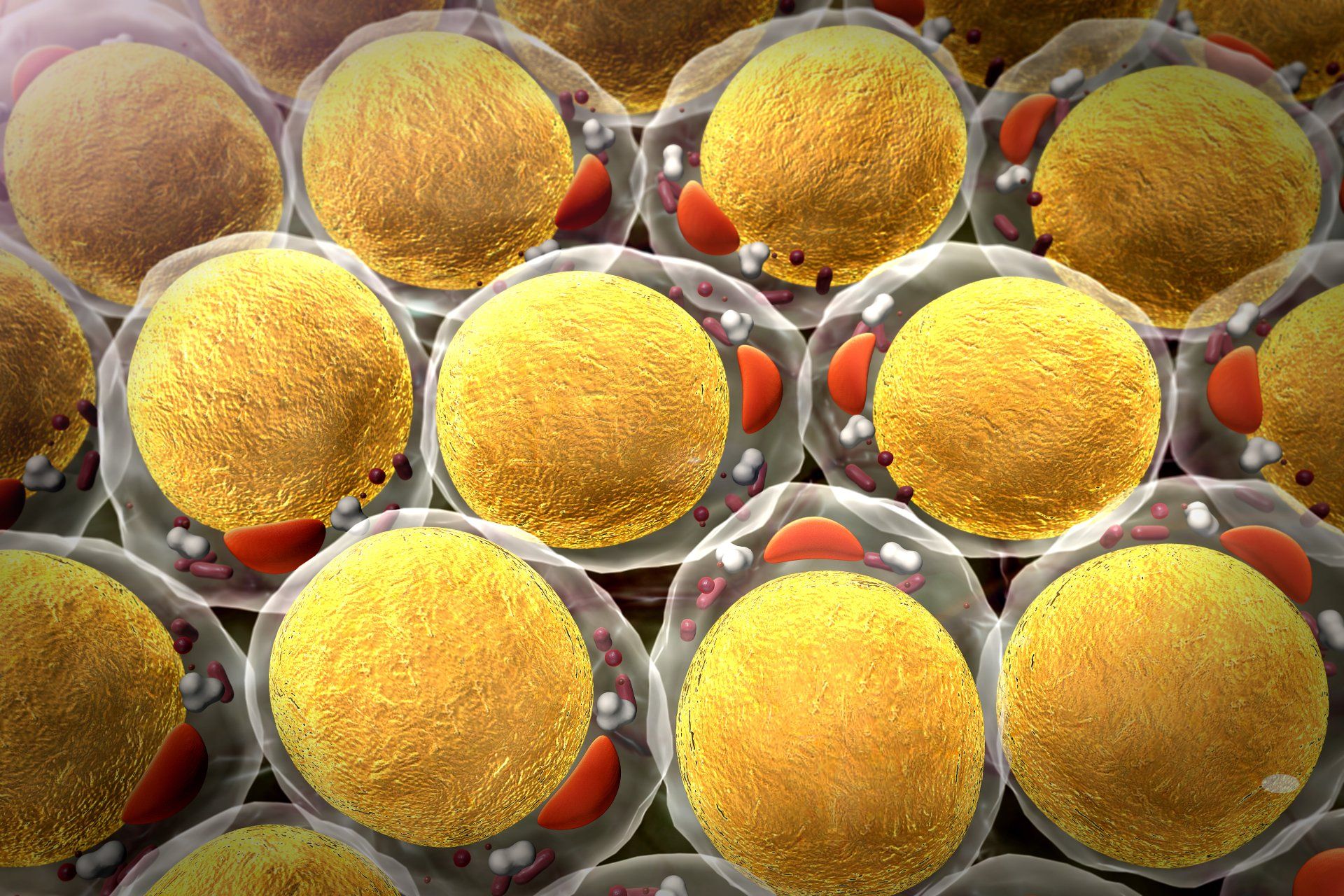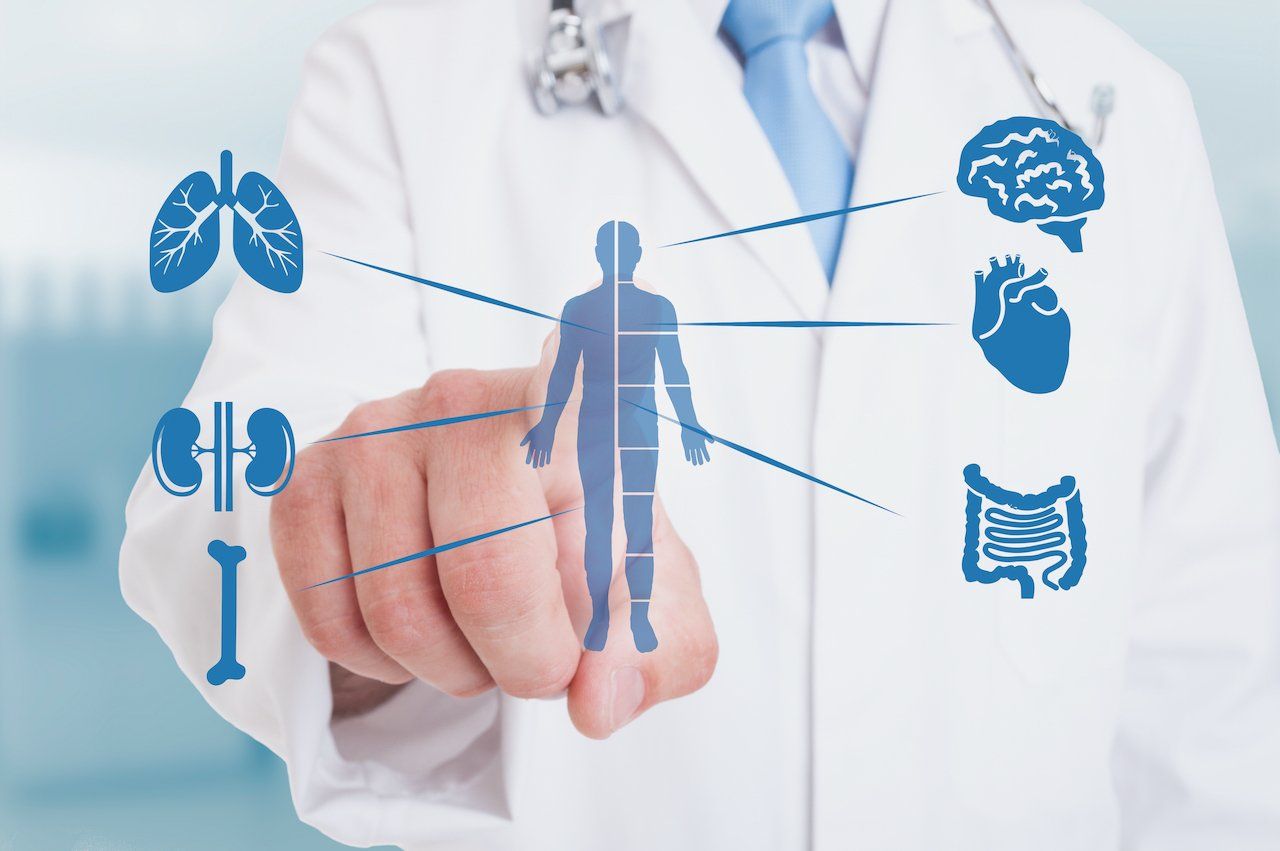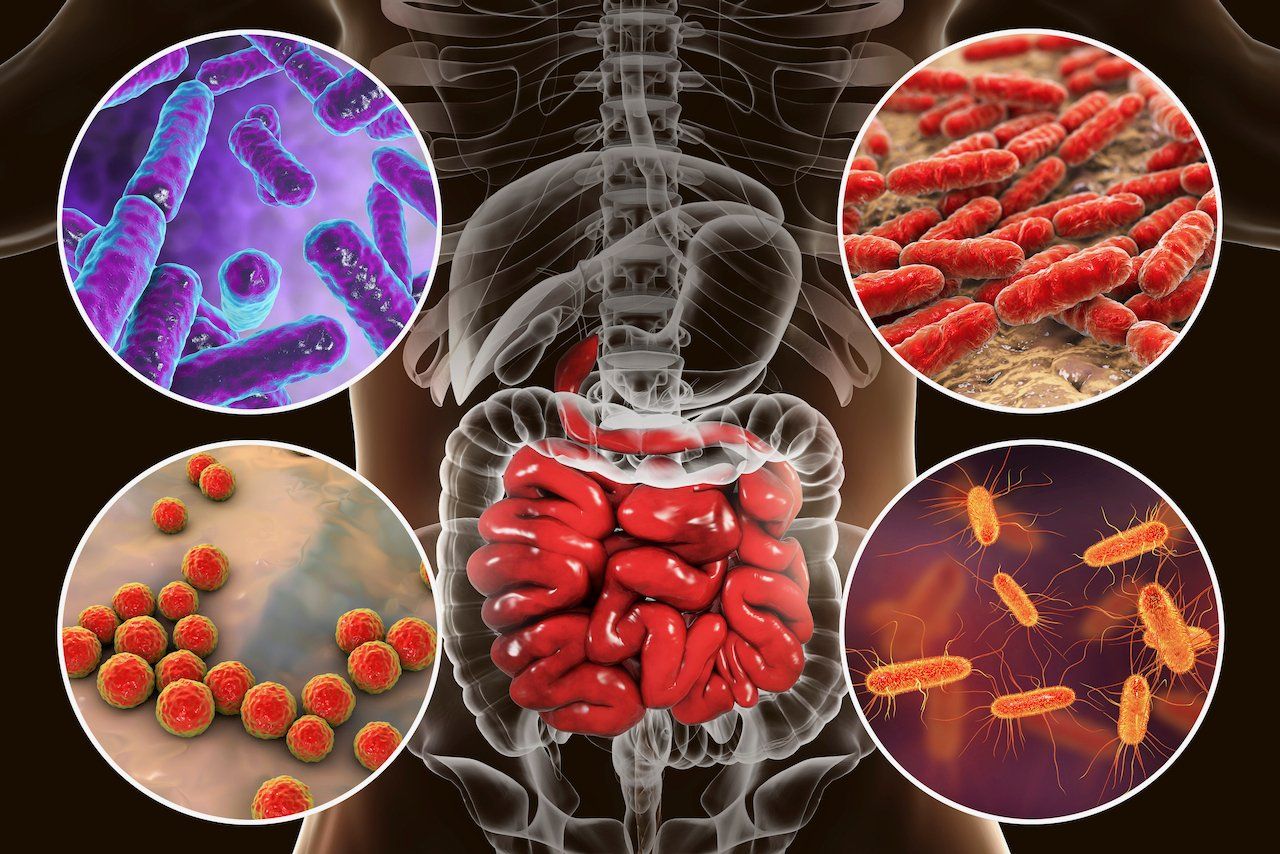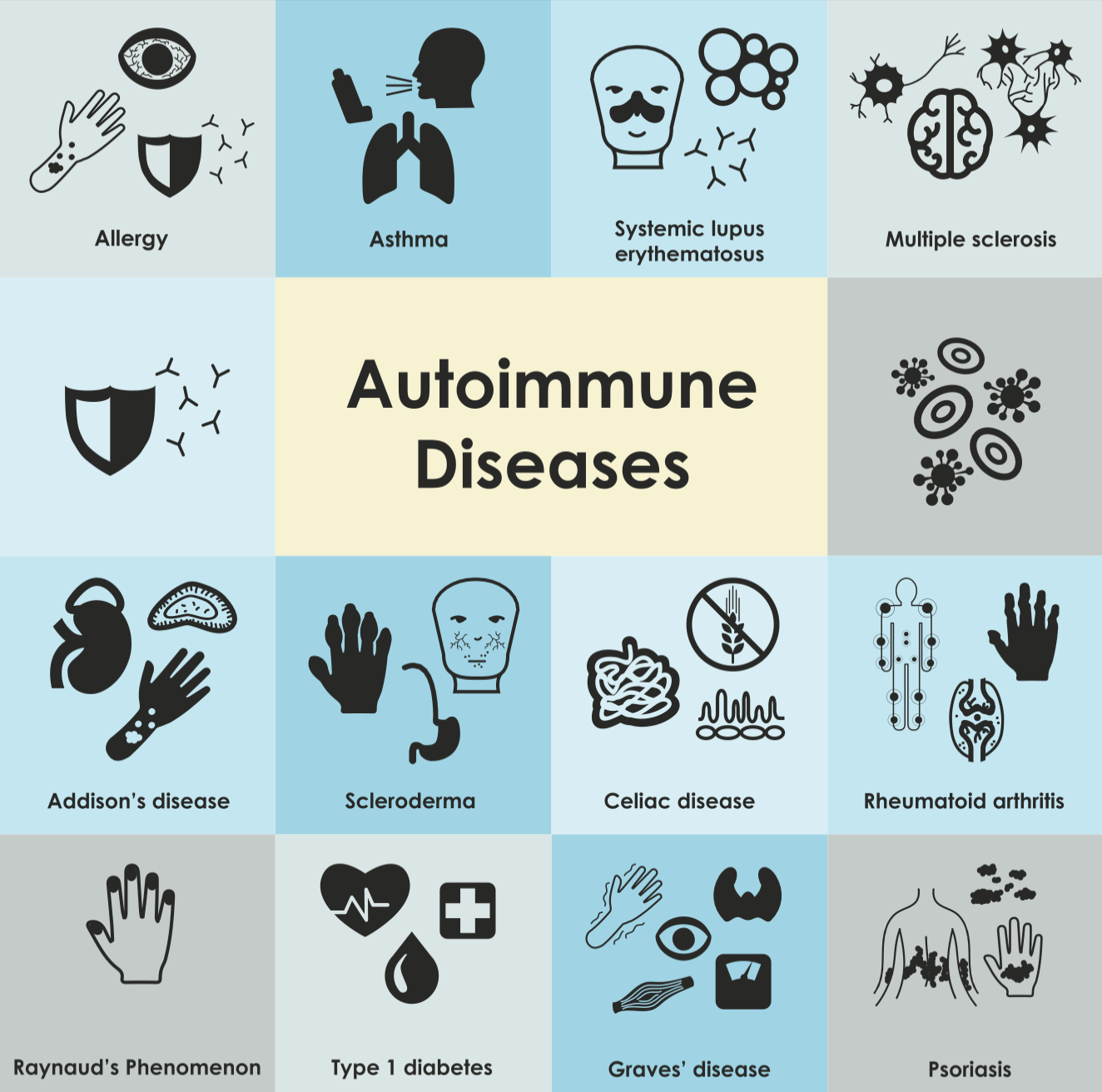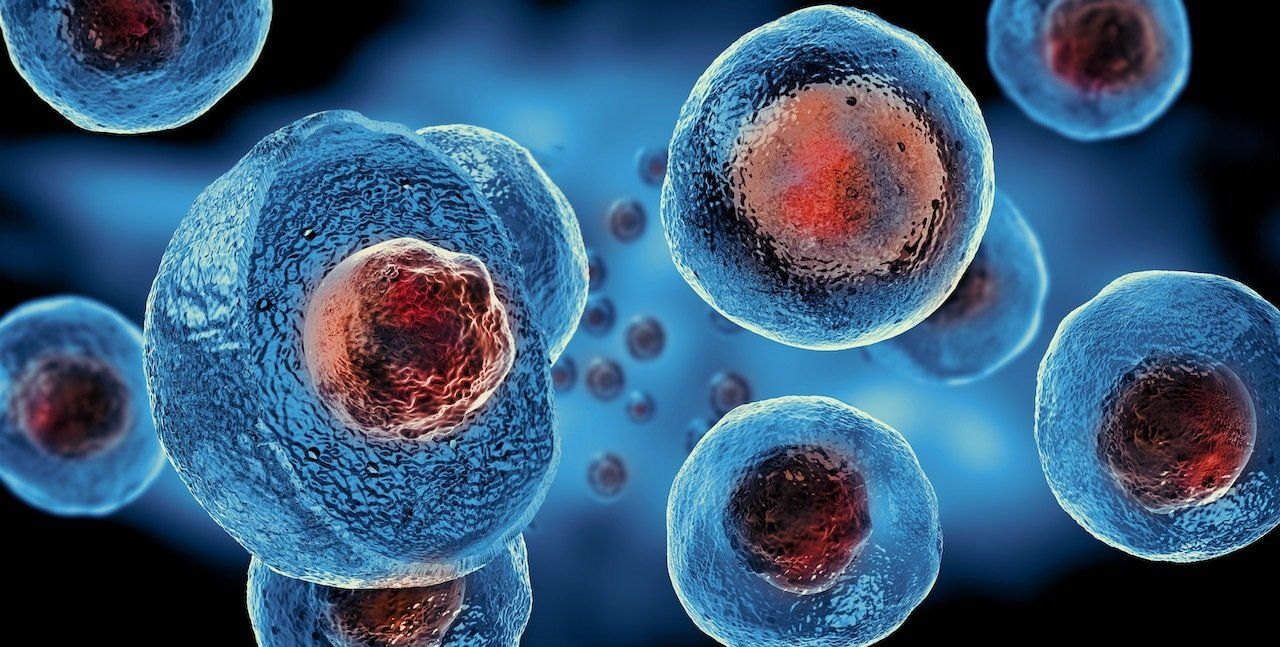The Surprising Connection between Gut Health and Mindset
Did you know that your gut health affects your mindset? When our gut is healthy, we tend to be happier and more positive. But when our gut is unhealthy, we can experience a lot of negative emotions like anxiety and depression. In this blog post, we will discuss the connection between gut health and mindset, and how you can improve both by making some simple changes to your diet and lifestyle.
The gut-brain axis
So how exactly does gut health affect mental health? Well, it all starts with the gut-brain axis. This is a bidirectional communication system that allows information to be passed between the gut and the brain. The gut-brain axis is made up of the nervous system, the endocrine system, the immune system, and the gut microbiome. These systems work together to regulate mood, anxiety, immunity, and stress levels.
The gut microbiota has been shown to influence the gut-brain axis. The microbiome is composed of trillions of microbes, including bacteria, viruses, fungi, and protozoa. These microbes are essential for gut health and have a profound impact on the gut-brain axis. The gut microbiome influences the development and function of the brain, and the brain influences the composition of the gut microbiome. For example, gut bacteria can produce neurotransmitters that affect the brain. They can also alter the way the body responds to stress hormones. These changes can then lead to changes in mood and behavior.
Psychobiotics!
There is a growing body of evidence to suggest that gut health plays a role in mental health. For example, studies have shown that probiotics can improve mood and cognitive function. Probiotics are live microorganisms that have a beneficial effect on gut health. Lactobacillus rhamnosus, Lactobacillus plantarum, and Bifidobacterium adolescentis for example are probiotic strains that can produce the neurotransmitter GABA. Neurotransmitters are chemical messengers that connect nerve cells. Serotonin, dopamine, and GABA are examples of neurotransmitters. GABA helps to regulate brain activity and can calm anxiety. The researchers found that the mice that consumed these probiotics had changes in their brain chemistry. The levels of GABA were increased and the mice were more relaxed.
The Vagus Nerve
The microbiota, the gut, and the brain communicate through the microbiota-gut-brain axis in both directions via the autonomic nervous system. The vagus nerve, the principal component of the parasympathetic nervous system, is a mixed nerve composed of 80% input sensory fibers (transmitting signals to the central nervous system) and 20% output motor fibers (transmitting signals in the opposite direction). It runs from the stomach to the brain and connects us to our emotions. This nerve is involved in gut-brain communication and has a significant impact on our mood. The vagus nerve sends messages directly from the gut to the brain. This nerve controls messages to the gut as well as other vital organs, like the heart and lungs.
Gut health
So, what is gut health? Gut health is the condition of our digestive system. This includes the stomach, small intestine, large intestine, and other organs like the liver, gallbladder, and pancreas. There are more than five hundred distinct species of bacteria in the gut, and it is home to trillions of microorganisms. These gut bacteria are essential for gut health. They help us digest food, absorb nutrients, and produce vitamins and minerals. Gut bacteria also play a role in immunity, inflammation, and the development of the gut-brain axis.
Studies have shown that gut health is linked to our DNA. Gut bacteria can affect the expression of our genes! Microbiomes can influence which genes are turned on or off, amplified, or silenced. Because our DNA is the blueprint for life, our gut health can have a significant impact on our mood, actions, and even thoughts.
So how can we improve our gut health?
When we think about gut health, we often think about the bacteria in our gut. But our gut health is also influenced by the foods we eat, the stress we experience, and the toxins we're exposed to. All of these factors can impact our gut microbiome, which in turn can influence our mood and mental health. There are a few simple things you can do:
-Eat more fiber. Fiber is essential for gut health, as it helps keep our digestive system moving smoothly. Foods high in fiber include fruits, vegetables, whole grains, and legumes.
-Cut out processed foods. Processed foods are full of sugar and unhealthy fats that can damage gut bacteria. Instead, opt for fresh, whole foods that are easy on the digestive system.
-Get enough sleep. Sleep is important for gut health, as it allows our bodies to repair and regenerate. Make sure to get at least seven hours of sleep each night.
-Reduce stress. Stress can damage gut bacteria, affect gut motility and increase gut permeability, which can lead to inflammation. Try to relax with some deep breathing or meditation.
-Avoid a diet consisting of large amounts of sugar and fat because it affects neurotransmitter metabolism and subsequently brain function by altering the gut microbiota. Studies have shown that gut microbiota composition is different between people with depression and those without.
- Take Practitioner-Grade Prebiotic and Probiotic Supplements.
-Eat probiotic-rich foods like yogurt, sauerkraut, and kimchi.
-Exercise regularly.
-Consuming prebiotic-rich foods like garlic, onions, bananas, and oats can also help feed the good bacteria in your gut.
-A 10-day detox or a 28-day detox is recommended. Toxins can cause havoc and disrupt the beneficial gut flora. Try doing a cleanse or detox once or twice per year to help keep your gut healthy and balanced.
key points
- Gut cells outnumber human cells ten to one.
- The gut microbiome contains over 100 trillion microorganisms and over 500 different species of bacteria.
- The gut has been nicknamed the "second brain".
- There is a gut-brain connection and it's a two-way street.
- Gut bacteria can influence the way we think and feel.
- Changes in gut health can lead to changes in mood and behavior.
- Prebiotics and probiotics have the potential to enhance gut health and mental well-being.
- You can improve your gut health by eating a healthy diet, exercising, detoxing, and managing stress levels.
Conclusion
The connection between gut health and mental health is complex, and more research is needed to understand the full extent of the gut-brain axis. However, the growing body of evidence suggests that gut health plays an important role in mental health. So next time you're feeling down, try reaching for a probiotic-rich food or supplement instead of unhealthy comfort foods. Your gut (and mind) will thank you!
If you are struggling with gut issues or mental health issues, please reach out to a qualified healthcare professional or a Functional Medicine Practitioner to help you.
If you'd like to learn more about gut health, I highly recommend my new book, "Understanding Genomics;
How Nutrition, Supplements, and Lifestyle Can Help You Unlock Your Genetic Superpowers".
This book is a must-read if you want to learn how to control your genetic destiny!
Order a copy today!
Until then, stay healthy and happy!
Dr. Marios Michael
Resources:
- Dr. Marios Michael, DC, CNS, cFMP, 06/2022, Understanding Genomics; How Nutrition, Supplements, and Lifestyle Can Help You Unlock Your Genetic Superpowers, 1st edition, Austin, Bookbaby.
- Carabotti M, Scirocco A, Maselli MA, Severi C. The gut-brain axis: interactions between enteric microbiota, central and enteric nervous systems. Ann Gastroenterol. 2015 Apr-Jun;28(2):203-209. PMID: 25830558; PMCID: PMC4367209.
- Bonaz Bruno, Bazin Thomas, Pellissier Sonia.The Vagus Nerve at the Interface of the Microbiota-Gut-Brain Axis. Frontiers in Neuroscience. VOL 12,2018
- https://www.frontiersin.org/articles/10.3389/fnins.2018.00049 DOI=10.3389/fnins.2018.00049. ISSN=1662-453X
- Mittal R, Debs LH, Patel AP, Nguyen D, Patel K, O'Connor G, Grati M, Mittal J, Yan D, Eshraghi AA, Deo SK, Daunert S, Liu XZ. Neurotransmitters: The Critical Modulators Regulating Gut-Brain Axis. J Cell Physiol. 2017 Sep;232(9):2359-2372. doi: 10.1002/jcp.25518. Epub 2017 Apr 10. PMID: 27512962; PMCID: PMC5772764.
- Guo, Y., Zhu, X., Zeng, M. et al. A diet high in sugar and fat influences neurotransmitter metabolism and then affects brain function by altering the gut microbiota. Transl Psychiatry 11, 328 (2021). https://doi.org/10.1038/s41398-021-01443-2
- McVey Neufeld, KA., Bienenstock, J., Bharwani, A. et al. Oral selective serotonin reuptake inhibitors activate vagus nerve dependent gut-brain signalling. Sci Rep 9, 14290 (2019). https://doi.org/10.1038/s41598-019-50807-8
- Del Toro-Barbosa M, Hurtado-Romero A, Garcia-Amezquita LE, García-Cayuela T. Psychobiotics: Mechanisms of Action, Evaluation Methods and Effectiveness in Applications with Food Products. Nutrients. 2020 Dec 19;12(12):3896. doi: 10.3390/nu12123896. PMID: 33352789; PMCID: PMC7767237.
- Yunes RA, Poluektova EU, Vasileva EV, Odorskaya MV, Marsova MV, Kovalev GI, Danilenko VN. A Multi-strain Potential Probiotic Formulation of GABA-Producing Lactobacillus plantarum 90sk and Bifidobacterium adolescentis 150 with Antidepressant Effects. Probiotics Antimicrob Proteins. 2020 Sep;12(3):973-979. doi: 10.1007/s12602-019-09601-1. PMID: 31677091.
- Yunes RA, Poluektova EU, Dyachkova MS, Klimina KM, Kovtun AS, Averina OV, Orlova VS, Danilenko VN. GABA production and structure of gadB/gadC genes in Lactobacillus and Bifidobacterium strains from human microbiota. Anaerobe. 2016 Dec;42:197-204. doi: 10.1016/j.anaerobe.2016.10.011. Epub 2016 Oct 26. PMID: 27794467.
Medical Disclaimer: The information included on this blog is for educational purposes only. It is not intended nor implied to be a substitute for professional medical advice. The reader should always consult his or her healthcare provider to determine the appropriateness of the information for their own situation or if they have any questions regarding a medical condition or treatment plan. Never disregard professional medical advice or delay in seeking it because of something you have read on this blog! Reading the information on this blog does not create a physician-patient relationship.
These statements have not been evaluated by the Food and Drug Administration. This product is not intended to diagnose, treat, cure, or prevent any disease.
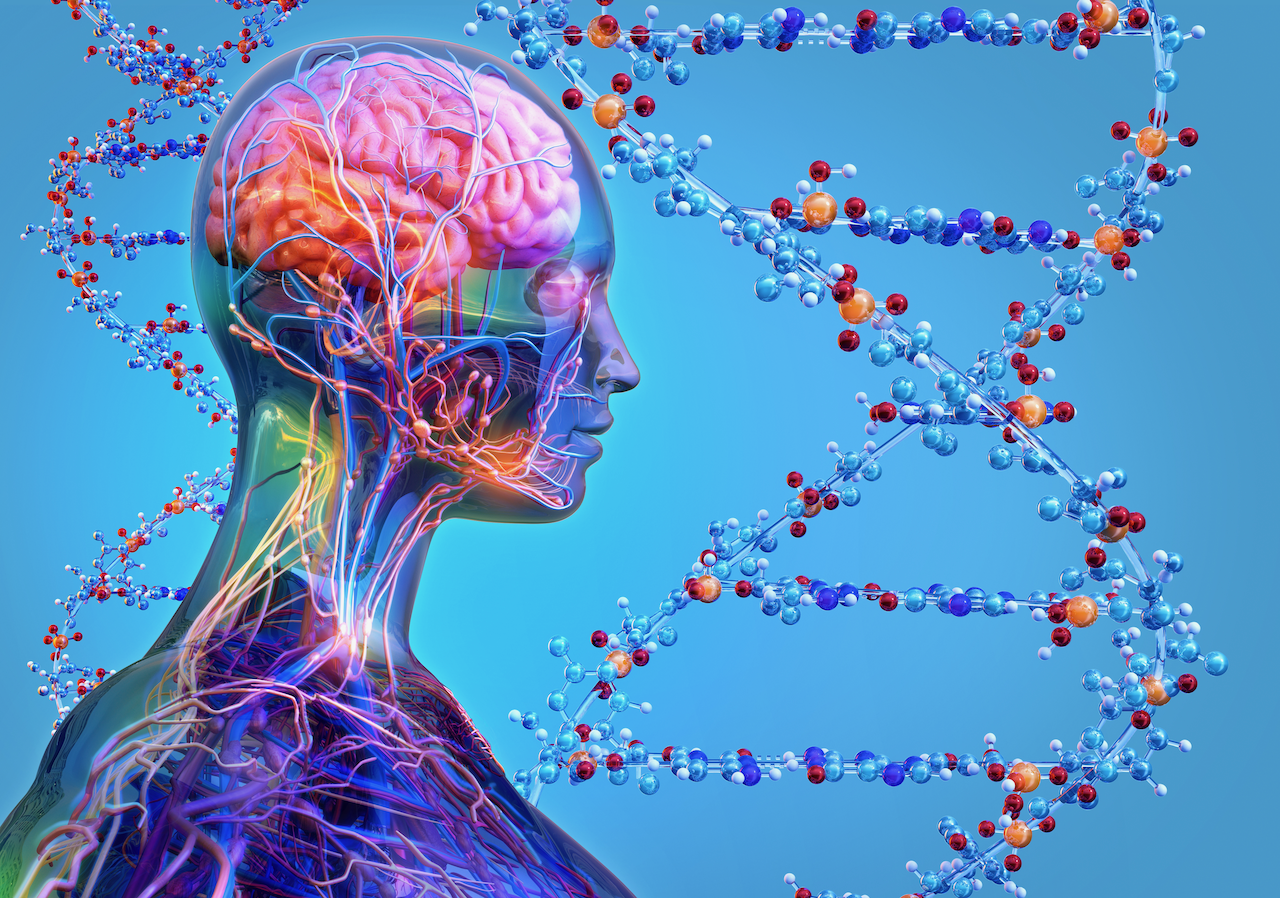
Telehealth Consult
HIPAA-compliant
Contact Us
We will get back to you as soon as possible.
Please try again later.
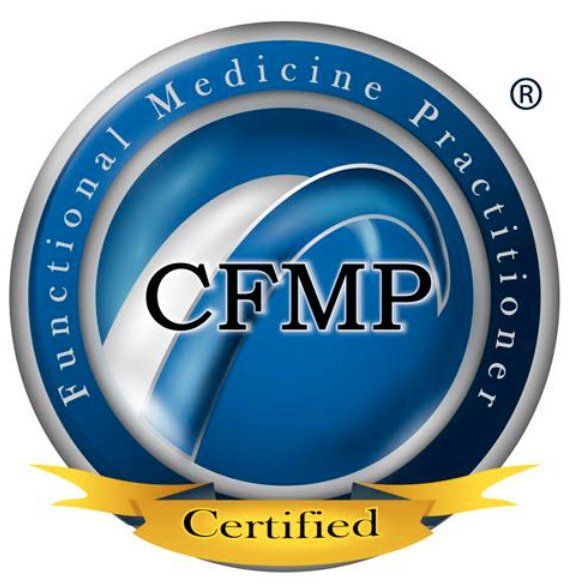
Los Angeles
(626) 440 -7406
424 N. Lake Ave. Suite 102
Pasadena, CA 91101

